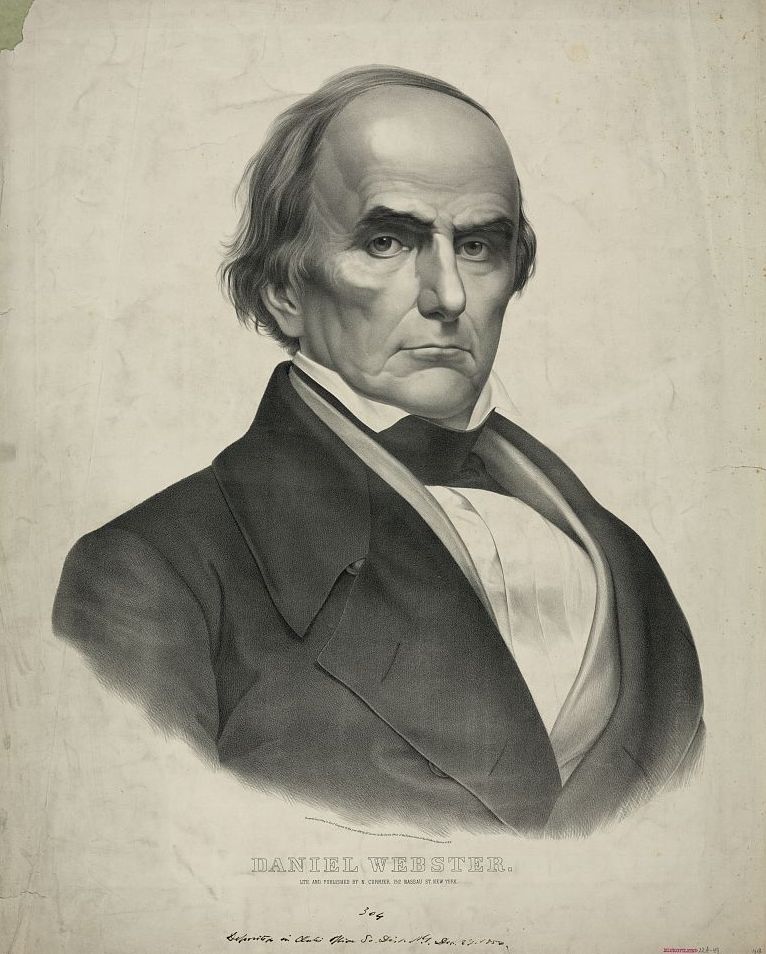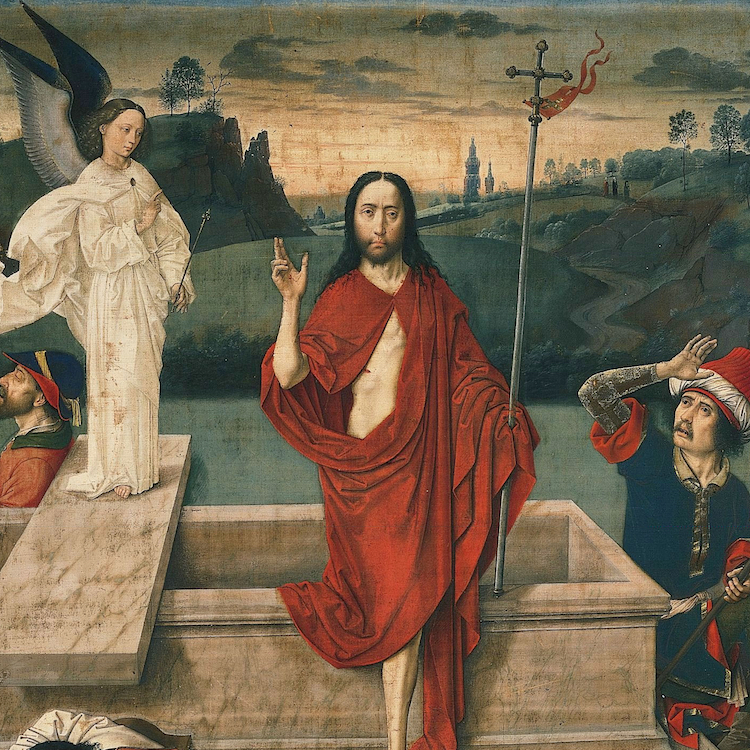If ever you’re on the TV game show Jeopardy and one of the categories is “The Violin,” you can be sure that one of the questions will probably be about Antonio Stradivari, who lived 300 years ago. He wasn’t a violinist himself, but a violin maker. He produced over 1000 instruments during his lifetime, and through his great workmanship brought the violin to a state of perfection. Today there is an organization in Chicago named after him. The Stradivari Society has a very specific purpose: obtaining expensive violins and entrusting them into the hands of first-rate violin players who could never afford such instruments on their own. Some of these instruments, made by Antonio Stradivari and other 17th and 18th century masters, sell for over $1 million apiece, and their value continues to climb. However, unlike other great works of art–such as paintings and sculptures–stringed musical instruments cannot be put on display and left untouched; they’ll lose their tone if not played regularly. In fact, priceless violins will actually increase in value the more they’re used. Thus, the Stradivari Society performs an important service by bringing instrument and musician together. There is one requirement expected of the musicians: they must give at least two command performances a year for their patrons–something they’re quite happy to do.
Even though few if any of us are or ever will be world-class musicians, this illustration still has a spiritual application to our own lives. God has entrusted many priceless abilities, talents, and treasures to each one of us. If we neglect them, ignore them, or misuse them, we are not only wasting His gifts, but also going against His will and cheapening our own existence. God wants us to produce beautiful spiritual music by using the gifts He provides, and we are expected to give a command performance by the way we live each day.
As we approach the end of the Church year, the readings constantly remind us of the need to be ready for the judgment which will occur at the end of our lives. God freely and lovingly gives us many gifts and many opportunities–but He will hold us accountable for how we use them. The Book of Proverbs (31:10-13, 19-20, 30-31) uses the image of a worthy wife to describe in symbolic terms how all of God’s children should live: in a good and admirable manner which combines hard work, intelligence, and generosity. Those who live in such a way will be praised and rewarded. Jesus makes this idea even clearer in His parable (Mt 25:14-30) about the three servants entrusted with large amounts of money. The master praised and rewarded the two servants who did what they were supposed to; he was very pleased with them for making good use of what they had been given–and even if they had failed, he still would have given them credit for at least trying. They entered into their master’s joy–a symbolic way of referring to heaven. The third servant, however, was denounced as being worthless and lazy because he wasted his opportunity and didn’t even try to show some return on his master’s investment. His indifference to his master’s wishes caused him to be thrown into the outer darkness–a symbol for hell. Our Lord’s point is that God takes very seriously our willingness, or unwillingness, to work in His Name–and St. Paul (1 Thes 5:1-6) warns us not to assume that we have plenty of time to do something worthwhile with our lives. If we’re living only for ourselves, and not for God, the day of the Lord will catch us off guard, and there will be no escape from a terrible judgment. Instead of living dangerously in moral darkness or blindness, we must live as children of the light–using the talents God has given us and sharing the Gospel by our good example.
One of the greatest American politicians or statesmen of the 19th century was Daniel Webster, who served as a Congressman, Senator, Secretary of State, and presidential candidate. He was an excellent orator and debater, and was known for his intelligence and profound insights. Someone once asked him,
“What is the greatest thought that has ever passed through your head?,” and Webster humbly answered, “My accountability to God” (Roy B. Zuck, The Speaker’s Quote Book, p. 9).
Accountability is not a very popular concept in our society; we’re quick to blame others when something goes wrong, but we’re very uncomfortable with the idea that we ourselves will be held responsible for all our decisions and actions. That, however, is the undeniable truth we’ll all experience. Everything we do, or fail to do, is observed by God; our willingness, or unwillingness, to use the talents and opportunities He gives us will one day testify on our behalf, or testify against us. Every morning we should ask God to help us be aware of the chances we’ll be given that day to glorify and serve Him; throughout the day we should ask Jesus to give us the knowledge and strength to do the right thing in the midst of all our encounters and activities; each night we should ask the Holy Spirit to enlighten us as we examine our consciences, so we can recognize our missed opportunities and resolve to do better the next day.
It’s simple common sense that, since we’ll one day be judged by God, we seek His help here and now in knowing how to please Him, and in how to prepare ourselves for the day when we see Him face to face.
Jesus is calling each one of us not merely to follow Him, but to be a good and faithful servant; He wants us to profess our allegiance not merely in words, but also in deeds. God created every single one of us with the capability of becoming a saint, producing beautiful spiritual music and making a difference in the world by the way we live. It’s simply a matter of believing this, taking a few chances, and seeking God’s guidance and help. Even if we fail, we’ll still be like the first two servants who pleased their master–but if we don’t even bother trying, the fate of the third servant will also be ours. To put it another way, if we’re ever on the TV show Jeopardy and the answer is “Talents, Gifts, and Opportunities,” the question is obviously “What does God give us and expect us to use?”–and if the Final Jeopardy answer is “Well done, good and faithful servant,” the all-important question is “What do we hope to hear God say to us when our life on earth is finished?” Like priceless violins, our abilities are meant to be used, not wasted or ignored. The Lord has given us this opportunity, and He is eager to see our response.








